Of course it’s vicious. It was always going to be. Sure, they’ve spent decades living peacefully side by side, but so did the Hutu and Tutsi. So did the Alawites and Sunnis, and so did every manner of former Yugoslavian. In politics, old hatreds do not die. They merely keep mum, so as to get selected and maybe become a junior minister.
You will not find me dwelling upon the row in cabinet, this week, about whether pro-Brexit ministers are allowed to see government papers related to the EU referendum. Personally, I’d pay good money not to see government papers related to the EU referendum. I consider it a very real sign of sickness to want to. Although it was good to see Lord Mandelson weighing in, wasn’t it? Made me properly nostalgic. Because that’s what you want in an argument. An interjection from Lord Mandelson. You might as well try to calm two fighting dogs by throwing them a cat.
More interesting than this spat is the relish — indeed, near relief — with which it is being conducted. Dimly, within the furthest reaches of their angry minds, pro-Brexit members of the government know that they cannot shout at the Prime Minister and hope to keep their jobs, not even if they’re shouting about Europe. They can, however, shout at the Cabinet Secretary Sir Jeremy Heywood. And so they do, thanking God they can.
They have never really been on the same side, the two types of Tories. They have merely rubbed along. The Eurocides (for the broader ‘Eurosceptic’ no longer seems specific enough) have kept the faith, like a caste within. They have known each other by a special sense, eyes meeting across rooms, probably a bit like gaydar. For them, the wider party — at least in Parliament — has long been packed with wets and cowards. Weekenders. Part-timers. People who don’t really mean it, and never have. People who will have their backs against the wall come the revolution, and rightly, but who for now provide a useful cover.
For the rest, that lot have always been regarded as nuts. Really, truly, properly nuts. It is important, says David Cameron, that government remains ‘a harmonious, mutually respectful team’. And what he really means by that is, ‘You’re going to hide the way you’re nuts, and I’m going to hide the way I think you’re nuts.’ Their eyes also meet across rooms. And when they do this they roll at the spectacle of everybody else. Secretly, they regard fellow Tories who want to leave the EU in much the same way that Blairites regard actual socialists. As an embarrassment, in other words. Yes, they’re in touch with the foot soldiers, and that’s jolly helpful, but they’re also just a bit too much like the foot soldiers. They’re not grown-ups. They’re not sound. You couldn’t put them actually in charge of things. It would be awful. You wouldn’t even trust them with scissors.
Nobody says any of this stuff, but every-body knows. Eurocides are sick of being called cranks, but their fury about this makes them crankier still. For too long, they have been patted on the head (often the bald head) by people who claim to be on their team, but who also do a little vomit in their own mouths every time they think of people like them actually running the country. And they know. And the very notion that all this rage and disdain isn’t going to erupt into open fury by June is, not to put too fine a point on it, quite unlikely.
You don’t get moderates in a referendum. That’s the lesson of Scotland. Technically, the ‘out’ side of the Tories is a broad church, with a span wide enough to include Iain Duncan Smith (Lord Headbanger), Michael Gove (regarded as sound, and thus worrying people) and Boris Johnson (who might as well have flipped a coin). The ‘in’ side, all the more so, has everybody from Ken Clarke (who may or may not still want us to join the euro) to Cameron himself (who probably wouldn’t shed much of a tear if a circle of star-shaped cavities opened up around Brussels, in the manner of the EU flag, and the entire place fell into a sinkhole). Yet a referendum makes you one thing or the other. This tribe or that.
The same is true, of course, for the public at large. Scotland also taught me that referendums are godawful things, and henceforth in life I shall be against them on principle wherever possible. Politics is at its best when it is diffuse, complex and ever so slightly intangible. Make it bold, stark and binary, I now realise, and new divisions take root. Things swiftly grow bitter. When each side includes half of everybody, collateral offence is far too easy. By June, you will be brutalised. As will I. As I was.
Only with the Tories, though, are these new hatreds going to map so precisely on to old ones. Sure, they’ll try. They’ll all fight, and then half of them will call for civility. Then there will be a fight between those calling for civility and those who scorn it, and even the former group probably won’t be civil about it. And even once this wholly unnecessary referendum is done with, the Conservative party will be riven by hatred, tribalism and distrust for a generation at least. Even more than it already was. Which still, admittedly, won’t be quite as much as the other lot.
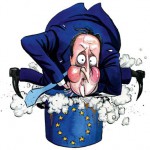 Join The Spectator for an evening debate chaired by Andrew Neil:
Join The Spectator for an evening debate chaired by Andrew Neil:
Should Britain leave the EU?
26 April 2016 | London Palladium, Argyll Street, W1F 7TF
Book now
Got something to add? Join the discussion and comment below.
Get 10 issues for just $10
Subscribe to The Spectator Australia today for the next 10 magazine issues, plus full online access, for just $10.
Hugo Rifkind is a writer for the Times.
You might disagree with half of it, but you’ll enjoy reading all of it. Try your first month for free, then just $2 a week for the remainder of your first year.


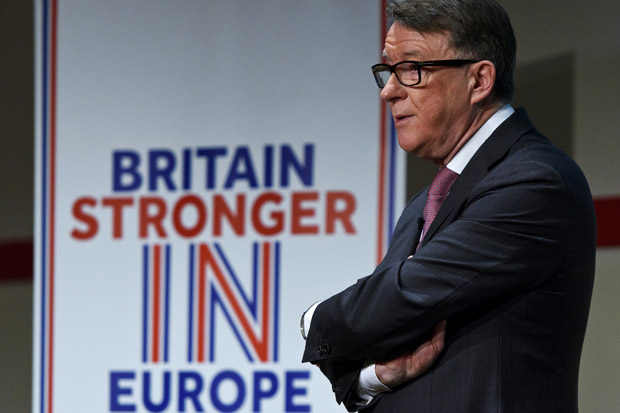
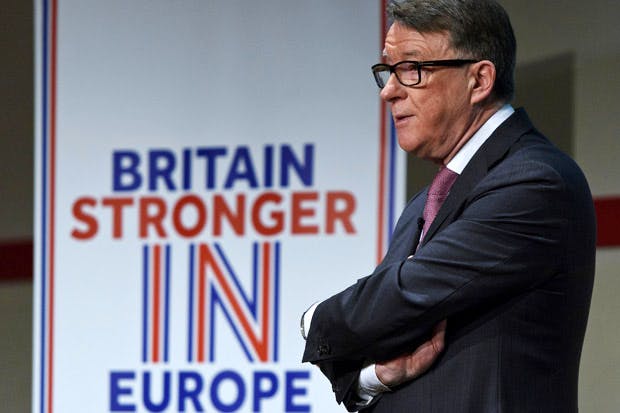
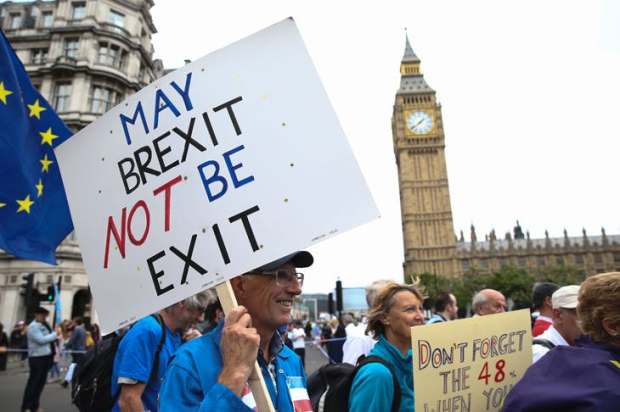
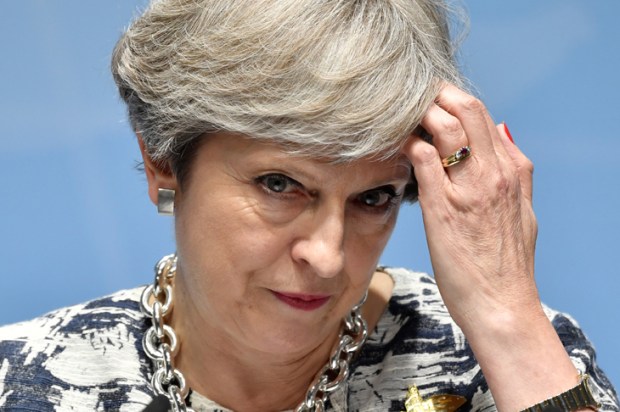

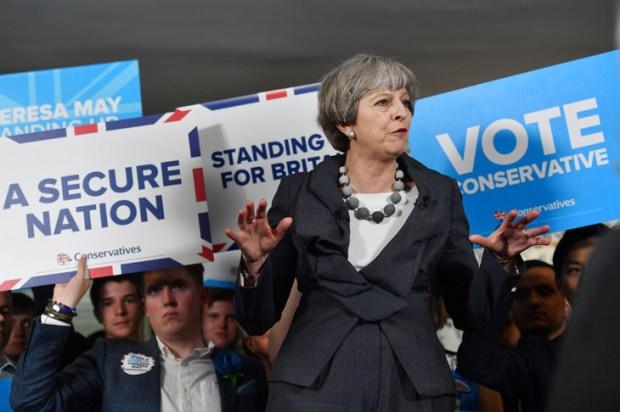
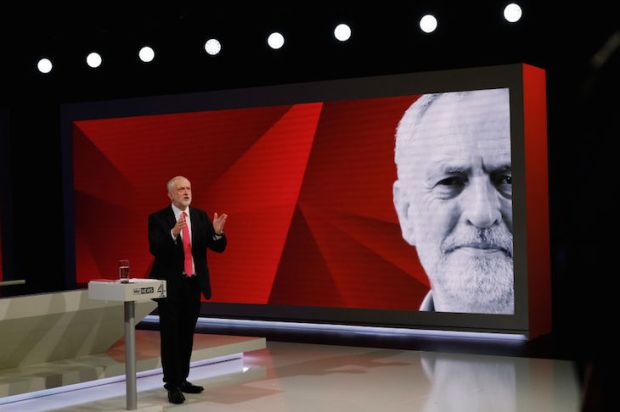






Comments
Don't miss out
Join the conversation with other Spectator Australia readers. Subscribe to leave a comment.
SUBSCRIBEAlready a subscriber? Log in